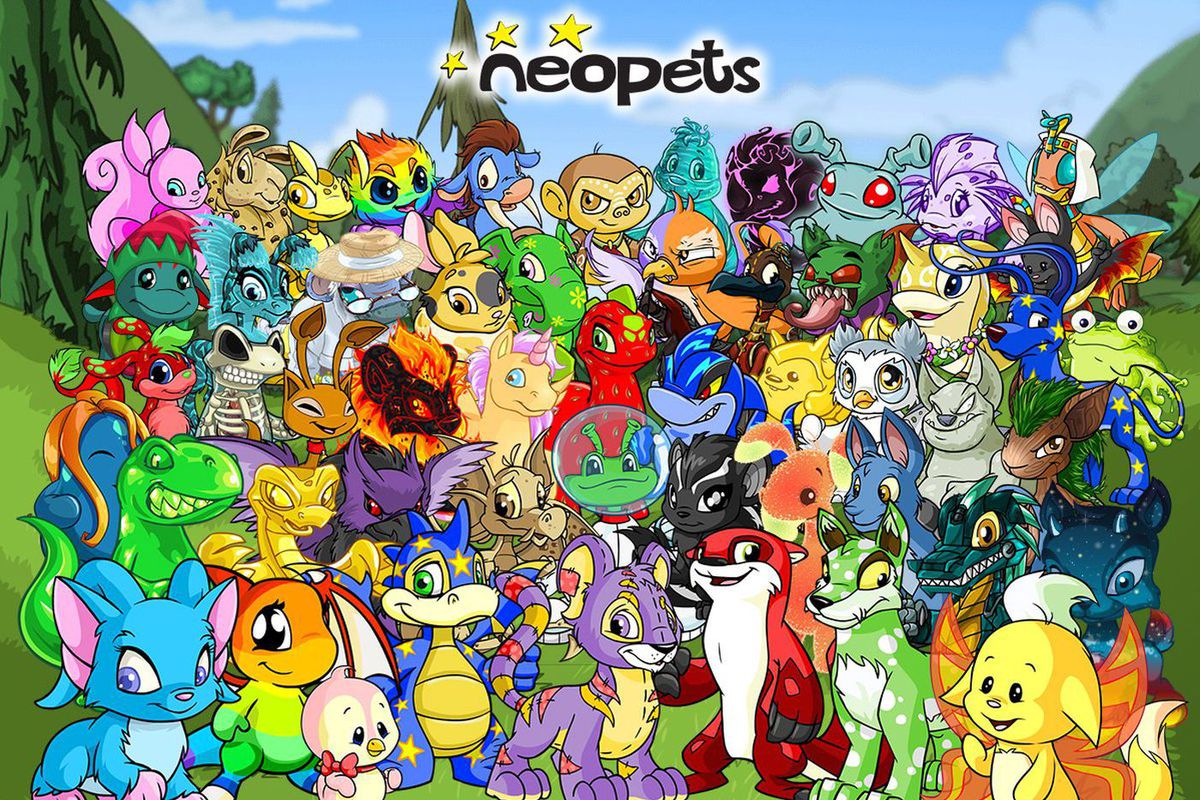
The popular virtual pet website Neopets – a virtual world first launched in 1999 which allows users to care for pets, play games to earn a virtual currency called Neocash, and chat on forums – has launched an investigation after a hacker breached its databases, with one source claiming the personal data of up to 69 million users may have been stolen. The company has since issued a statement on its twitter account and says it has launched an investigation assisted by a leading forensics firm, contacted the appropriate law enforcement, and was working to improve its security.
The technology news site BleepingComputer, who first made the claim about 69 million users being affected, reported that a hacker has provided a screenshot purporting to show the data stolen, which includes names, dates of birth, email addresses, postcodes, gender, country and other site- and game-related information. Along with the database, BleepingComputer reports that the hacker stole approximately 460MB (compressed) of source code for the neopets.com website but did not reveal how they gained access. On July 19, the hacker reportedly offered to sell the data for four bitcoins, equivalent to roughly $90,000. They further reported that the hacker did not make this offer to Jumpstart, the owners of Neopets, but that they have received interest from potential buyers.
The site, which is currently looking to turn its virtual pet characters into a line of NFTs, has since urged users to change their passwords and promised to provide updates as the investigation continues.

Where Guardian from Wertheim Global Comes into Play
An established site like Neopets likely has an incredibly secure server, which means in order to get access the hacker (or hackers) likely resorted to a phishing attack. Social engineering is a real problem in today’s world, and it’s incredibly hard to fault employees for falling for these scams, especially as they grow more and more elaborate. Guardian is however built to withstand these types of attacks through its predictive analytics mode, which monitors and analyzes employee activities in real time as they interact with the content server, crafting models around their interactions and flagging anything determined to be out of the ordinary. So, while phishing attacks are now a commonplace occurrence, Guardian offers the peace of mind to know even with stolen credentials, hackers won’t be getting to far into your secure documents.

